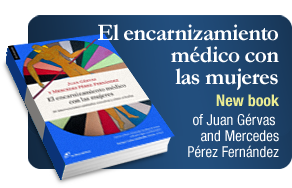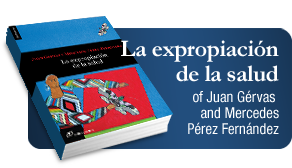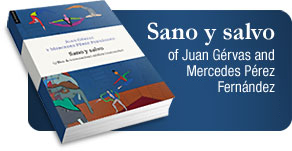Social egg freezing (oocyte banking for anticipated gamete exhaustion). Ethical, practical and social problems
18 Sep
This text has two objectives: 1/to draw attention to an important issue in women’s health; and 2/to help train health professionals by providing evidence-based information about and criteria for what is called “social egg freezing.” Why don’t we extract eggs or ovarian tissue from women who are still young and then freeze and store them until they are needed at a later age? At first glance, this may seem to be a kind of preventive measure, one that could achieve “better health of the embryo”, that “buys time” and allows “breathing”, since freezing offers a de facto stopping of the clock. Regression and atresia of eggs are avoided, since frozen eggs remain as they were when initially removed many years earlier.
Unfortunately, however, only the eggs or ovarian tissue fragments remain the same: real time passes for the woman herself, her own body ages, so that if she becomes pregnant at a much later time, more complications are expected in pregnancy, childbirth and the postpartum period. Freezing eggs and ovarian tissue fragments for use in reproduction for social causes raises serious ethical, practical and social issues that require reflection to prevent “normalization” and trivialization and to ensure there is no medical violence against women.
- Social egg freezing (oocyte banking for anticipated gamete exhaustion). Ethical, practical and social problems. Juan Gérvas and Mercedes Perez-Fernandez. Madrid (Spain) September 2015. Download whole document here.





